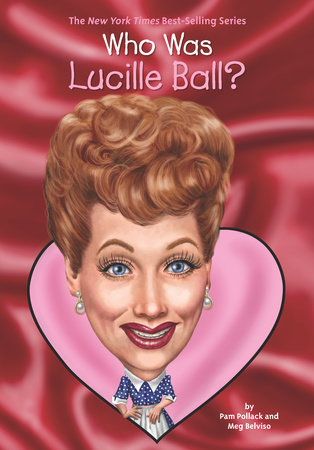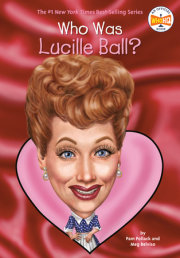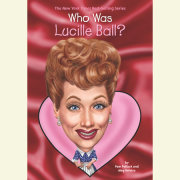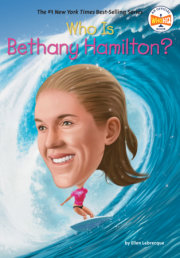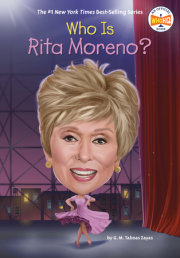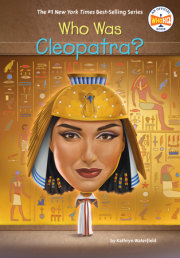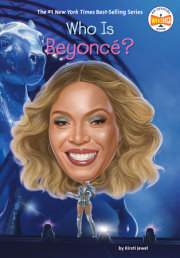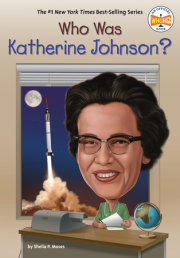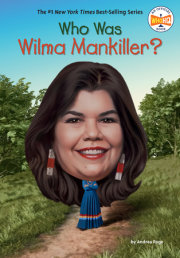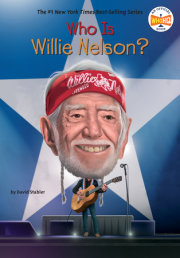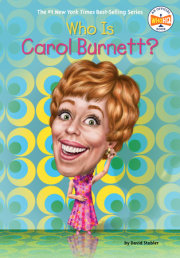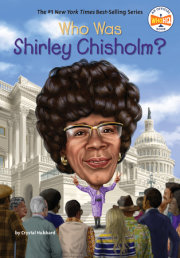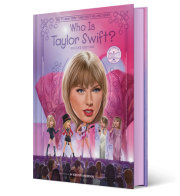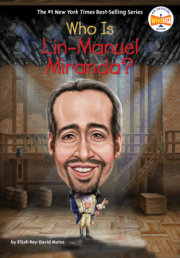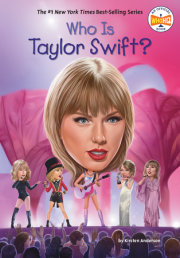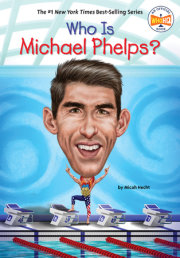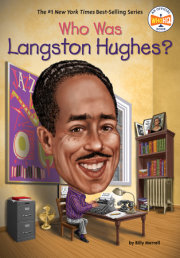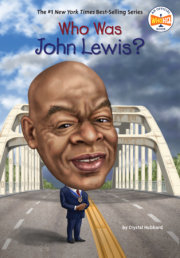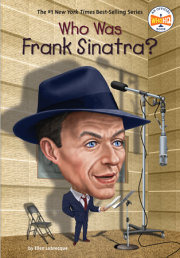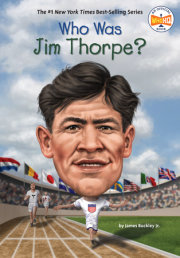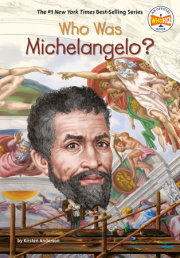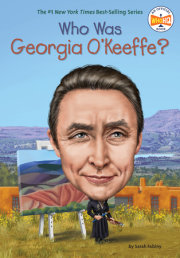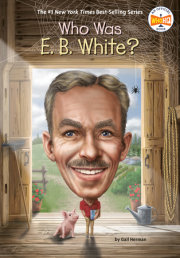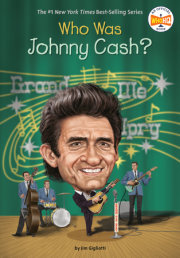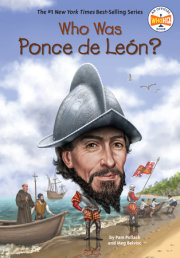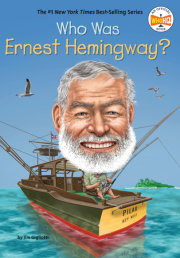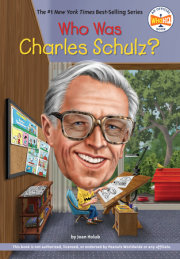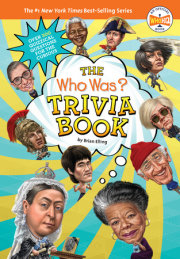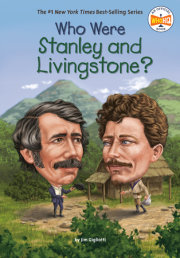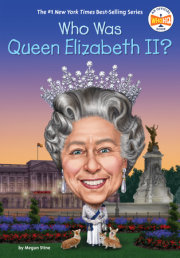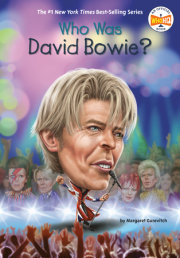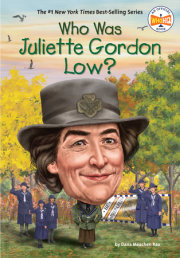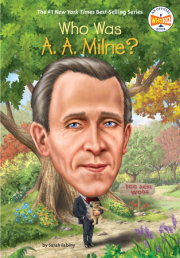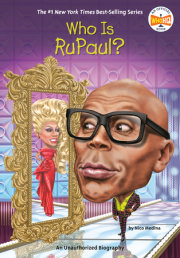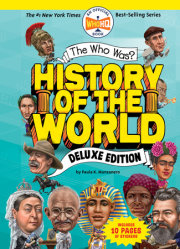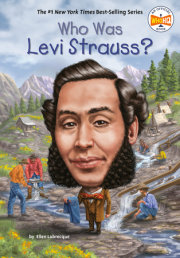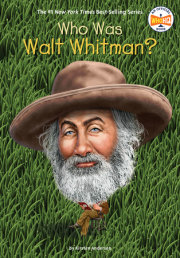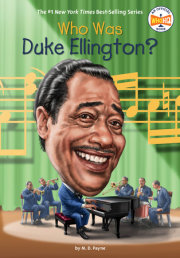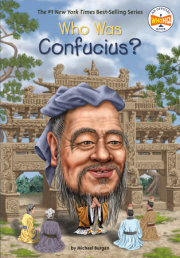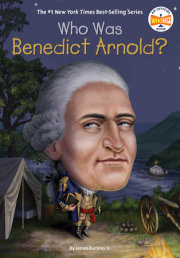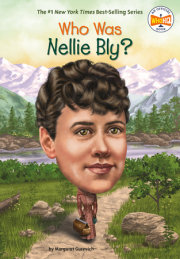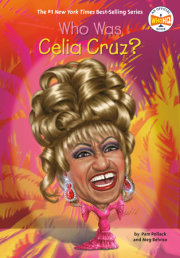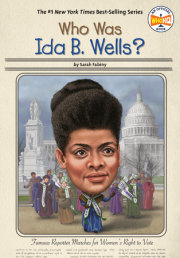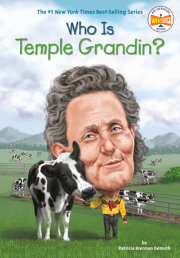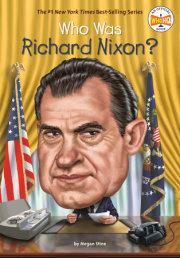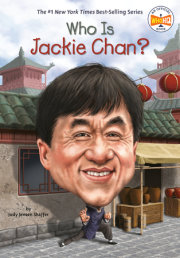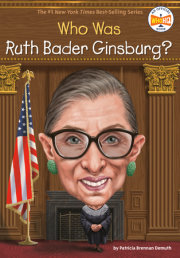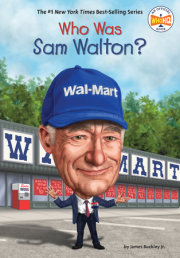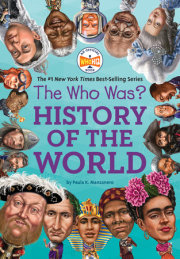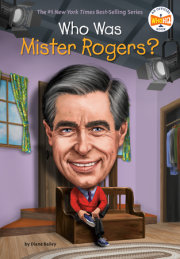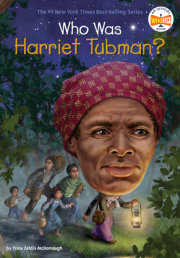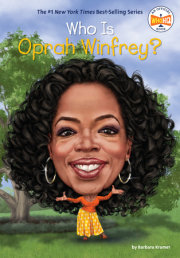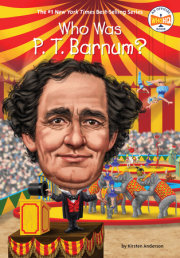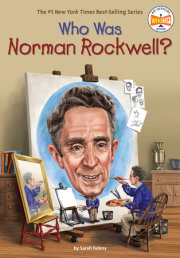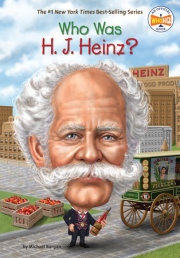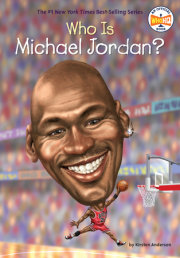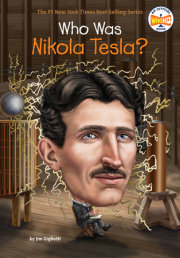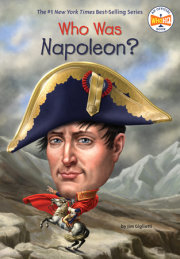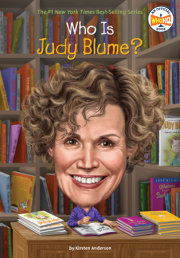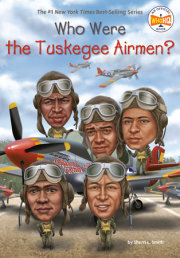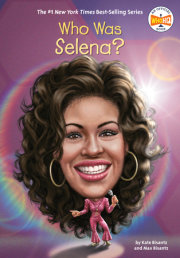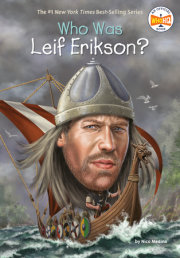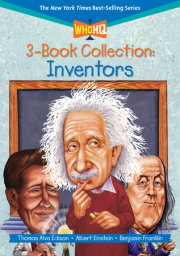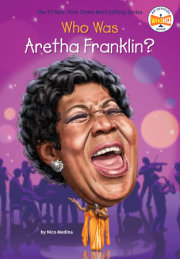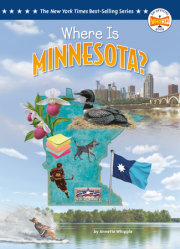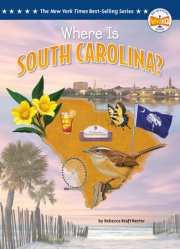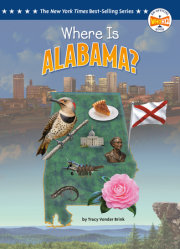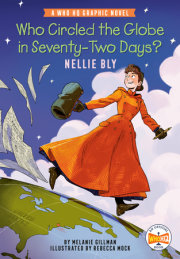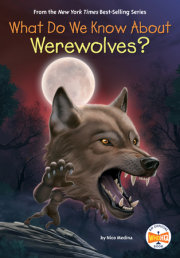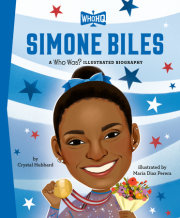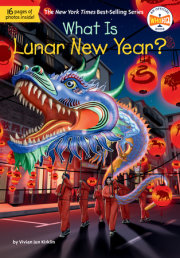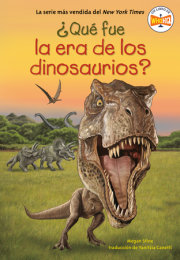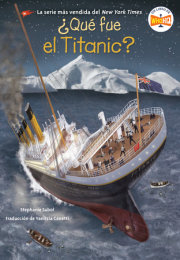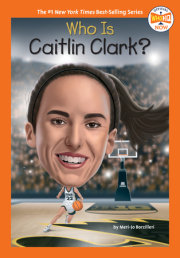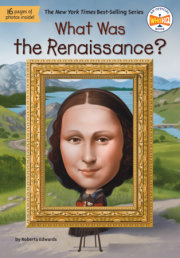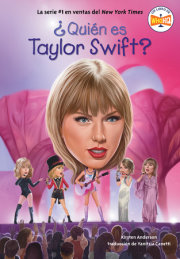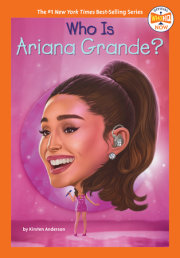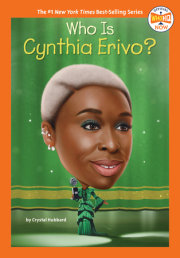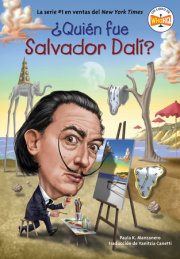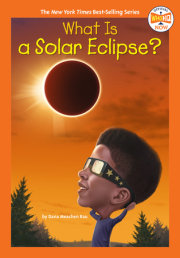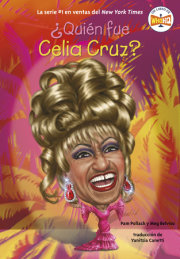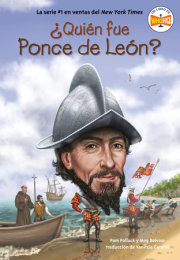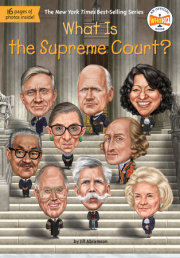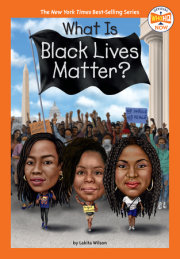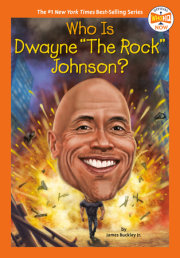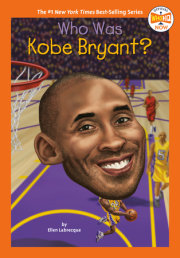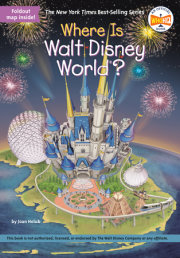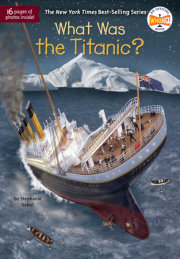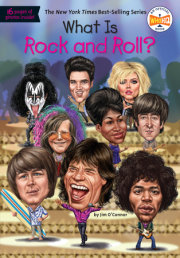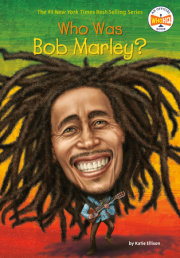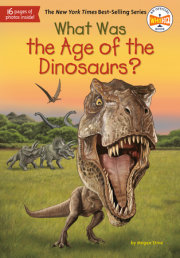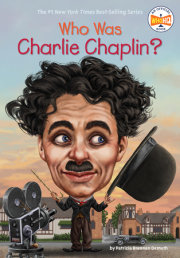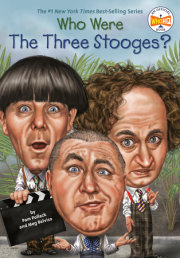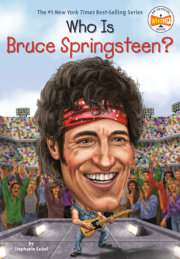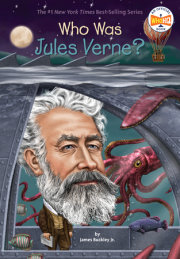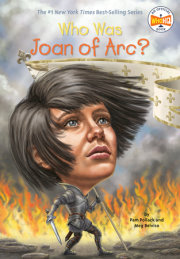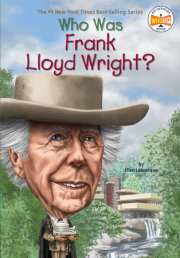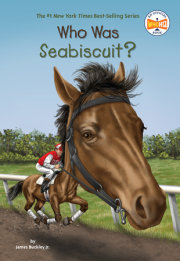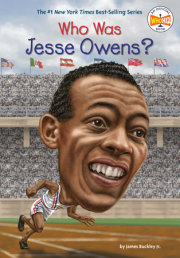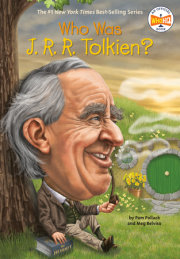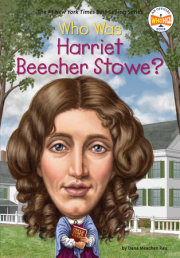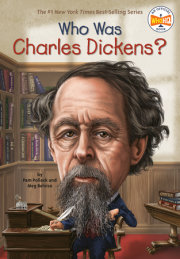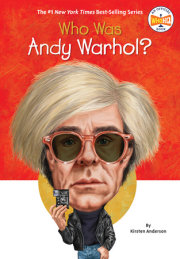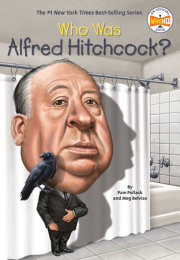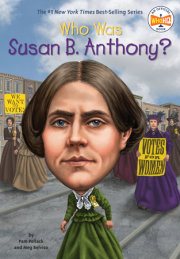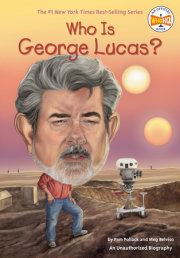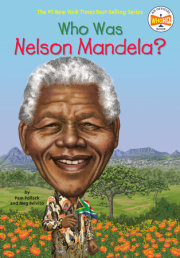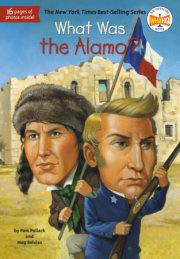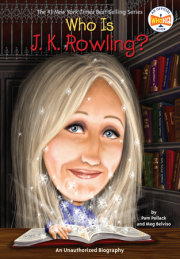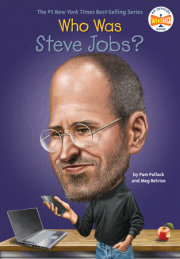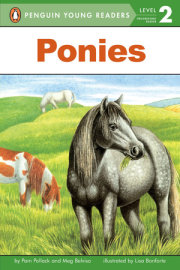Who Was Lucille Ball? In the spring of 1952, cities across America experienced a mysterious drop in the water pressure every week between 9:30 and 9:35 p.m. In New York City, it seemed impossible to get a taxi on a Monday night. All the cabbies were off duty. And in Chicago, a department store changed its business hours because it seemed like no one was shopping on Monday nights anymore.
What was going on?
It turned out that it was all related to a TV show! A half-hour comedy.
On Monday nights, Americans from coast to coast rushed through their dinner. Kids finished their homework as fast as they could.
By nine o’clock everyone gathered in front of their televisions. And waited. In the 1950s, TVs took a while to warm up. Finally a big heart appeared against a satin background. The theme song of
I Love Lucy began, and America was watching. It turned out that the viewers across the country were all waiting for the show to be over before using the bathroom. Toilets all flushing at the same time had caused the water pressure to drop throughout one city! No one wanted to miss a minute of Lucy.
Lucille Ball, the star of the show, was the most beloved woman on television. Whatever trouble she was in, Lucy could make it seem like the funniest thing anyone had ever seen. All over the country, people couldn’t stop laughing.
How did Lucille Ball become one of America’s first big TV stars? It wasn’t easy. She worked for years in Hollywood, making movies before she got a chance to show TV viewers how funny she could be. But she wasn’t afraid of hard work. And she wasn’t afraid to take a pie in the face or fill her pockets with eggs or her mouth with chocolates, all to make people laugh.
I Love Lucy was the name of her show, and how could you not?
Chapter 1: Lucyball Lucille Desiree Ball was born in Jamestown, New York, on August 6, 1911. Although she always preferred Lucille, her family nicknamed her Lucyball, and the world came to know and love her as Lucy. Her father, Henry, worked for Bell Telephone, putting up phone lines all over the country, so he, Lucy, and Lucy’s mother, Desiree, moved around a lot.
When Lucy was three and her mother was pregnant, Henry died of typhoid fever. Lucy and her mother, who was known as “DeDe,” moved in with DeDe’s parents, Frederick and Florabelle Hunt. The family lived in Celoron, New York, not far from Jamestown. There, Lucy’s brother, Fred Ball, was born in 1915. Other relatives came to live at the house in Celoron, too, including Lucy’s young cousin Cleo.
Grandpa Fred took Lucy to the theater to see the live vaudeville shows in Jamestown on Saturdays and to the silent “flickers” (movies) shown outside in the park during the summer months.
Even though she was still very young, Lucy was a responsible girl. After her grandmother died, she looked after her younger cousins. From the time she was ten, she took any odd job she could find. She sold hot dogs at the local boardwalk, and she worked at an ice-cream shop until she was fired for always forgetting to put the banana in the banana split.
By the time she was a teenager, Lucy was very independent. She was the first girl in town to bob—or cut short—her hair, which was very shocking in the early 1920s. She was a “flapper”—a slang word for the rebellious young women who wore makeup and short skirts.
Lucy liked it when people in town talked about her. She loved the attention. What she really wanted was to be onstage like the performers in the vaudeville acts or in the flickers. There weren’t a lot of ways to become famous in Celoron. So Lucy started to think about where else she might follow her dream. New York City wasn’t that far away. Many of the theaters in America were right there on Broadway.
Lucy had never really tried to act before. She couldn’t sing or dance, but she thought she could learn. If she just worked hard enough, Lucy was sure she could become a star. And she had never been afraid of hard work.
By age fifteen, Lucy had convinced her mother to let her attend acting school in New York City. Even though money was tight, DeDe agreed to pay for Lucy to go for a six-week trial period. Lucy did her best at the school, but her teachers didn’t think she had any talent. At the end of the six weeks, the school sent Lucy home with a note telling DeDe that she was wasting her money. They said Lucy would never be an actress.
But Lucy didn’t care what the school thought. If they didn’t want her, she would make it in New York on her own.
Copyright © 2017 by Pam Pollack and Meg Belviso. All rights reserved. No part of this excerpt may be reproduced or reprinted without permission in writing from the publisher.

